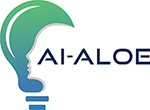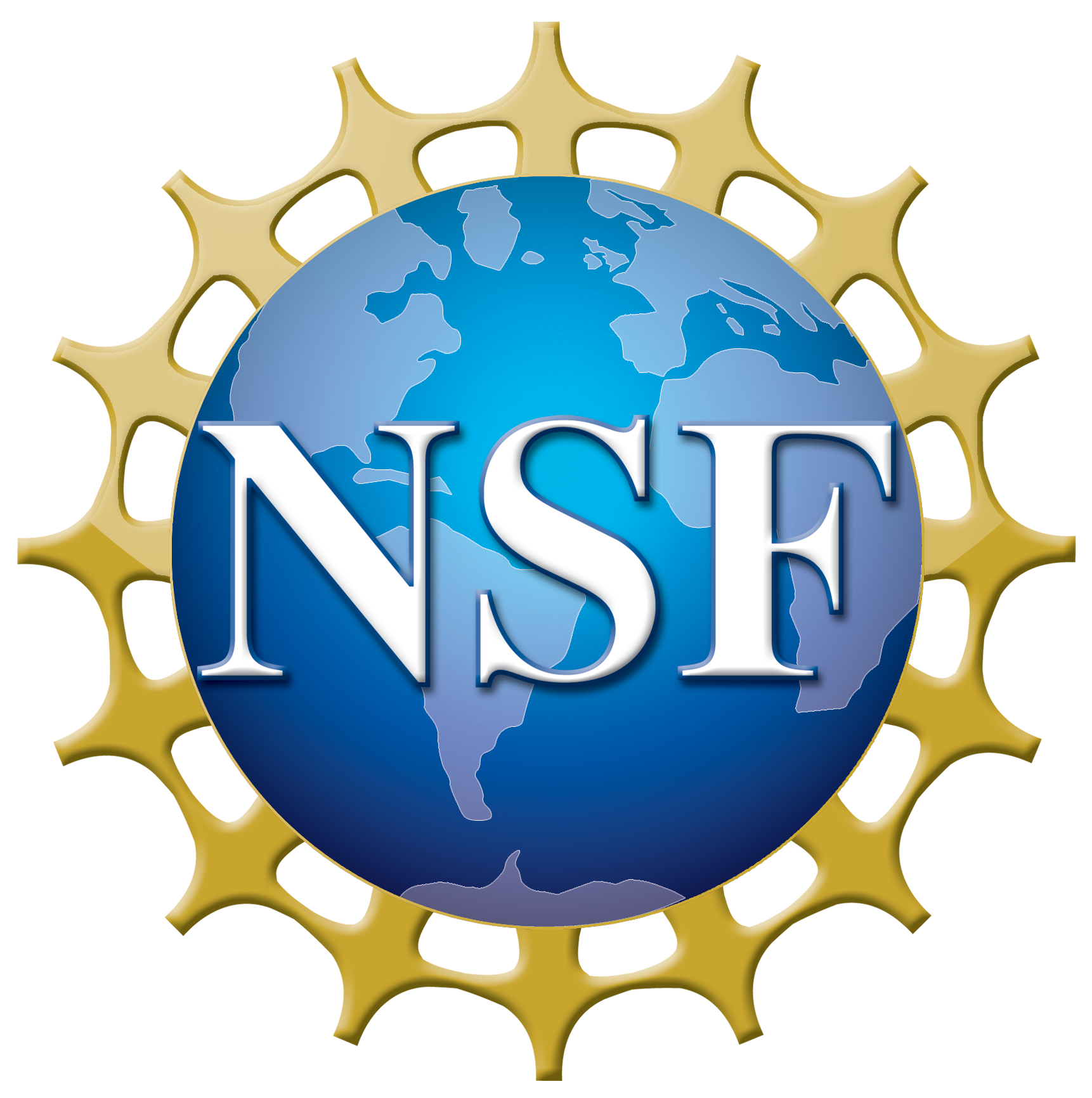AI in Education Symposium: AI-ALOE’s One Year and Beyond
When: Friday, November 11, 2022 12:30 – 4:15 pm (ET)
Where: Virtual – Please RSVP for the Zoom meeting invite
The National AI Institute for Adult Learning and Online Education (AI-ALOE) was launched on November 1, 2021, as one of the first 18 AI research institutes funded and supported by the National Science Foundation. The Institute aims to lead the development of novel AI theories and techniques for enhancing and transforming online learning for adult learners in effectiveness, efficiency, access, scale, and personalization. It has been an extraordinary year for the institute as it has grown into an exceptional community of scholars, researchers, and partners working on a wide range of projects across the fields of AI and education.
Please join us to celebrate as we reflect on the past, present, and future impacts of using artificial intelligence in education. We welcome you to join the discussion, whether you are a researcher, educator, student, or just interested in learning more about AI-ALOE and AI in education.
Meet the Speakers
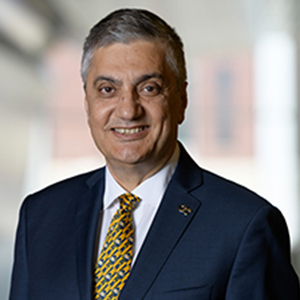
Chaouki Abdallah (Georgia Tech)
Chaouki Abdallah is the Executive Vice President for Research at the Georgia Institute of Technology. Abdallah provides overall leadership for the Institute’s $1 billion portfolio of research, economic development and sponsored activities, including the Georgia Tech Research Institute, 11 interdisciplinary research institutes, and related research administrative support units.
Abdallah came to Georgia Tech from the University of New Mexico, where he served as the university’s 22nd president, as provost and executive vice president for academic affairs, as well as department chair of the Electrical and Computer Engineering Department. During his tenure, Abdallah oversaw long-range academic planning and efforts to improve student success, as well as retention-achievement and graduation achievement rates.
Abdallah began his college career at the Faculté d’ingénierie of the Université Saint-Joseph in Lebanon, then obtained a Bachelor of Engineering degree from Youngstown State University in 1981, and a M.S. and Ph.D. in electrical engineering from Georgia Tech in 1982 and 1988, respectively.
He has published eight books (three as co-editor and five as co-author) and more than 300 peer-reviewed papers, and provided expert testimony to the U.S. House of Representatives Committee on Science, Space, and Technology.
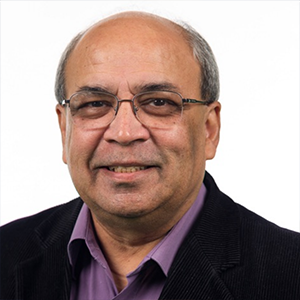
Ashok Goel (AI-ALOE Institue & Georgia Tech)
Ashok Goel is a Professor of Computer Science and Human-Centered Computing in the School of Interactive Computing at Georgia Institute of Technology and the Chief Scientist with Georgia Tech’s Center for 21st Century Universities. He is also the Executive Director of NSF’s National AI Institute for Adult Learning and Online Education. Ashok is a Fellow of AAAI and the Cognitive Science Society, and an Editor Emeritus of AAAI’s AI Magazine.
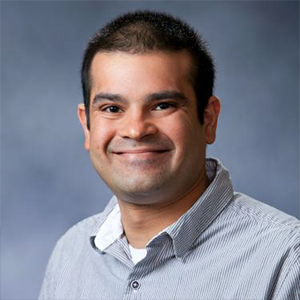
Sidney D’Mello (University of Colorado Boulder)
Sidney D’Mello is a Professor at the Institute of Cognitive Science and the Department of Computer Science at the University of Colorado Boulder (since 2017). He was previously an Associate Professor in Psychology and Computer Science at Notre Dame (2012-2017). He received his PhD in Computer Science at the University of Memphis in 2009. D’Mello has published more than 300 articles, of which 16 received awards (4 others were finalists). He also directs the NSF National Institute for Student-Agent Teaming (iSAT). D’Mello received the 2018 Young Investigator Award from the Society for Text & Discourse and is a Scholar at the Student Experience Research Network.

George Siemens (University of Texas at Arlington)
George Siemens is professor and executive director of the Learning Innovation and Networked Knowledge Research Lab at University of Texas, Arlington and cross-appointed with the Centre for Distance Education at Athabasca University. Siemens is a writer, theorist, speaker, and researcher on learning, networks, technology, analytics and visualization, openness, and organizational effectiveness in digital environments, known for creating one of the first massive open online courses (MOOCs), a “landmark” in open teaching. He is the originator of Connectivism, a learning theory that explains how Internet technologies have created new opportunities for people to learn and share information across the World Wide Web and among themselves. Siemen’s expertise focuses on Connectivism, MOOCs, Learning Analytics.

Art Graesser (University of Memphis)
Art Graesser is a professor in the Department of Psychology and the Institute of Intelligent Systems at the University of Memphis and is an Honorary Research Fellow in the Department of Education at the University of Oxford. He received his Ph.D. in psychology from the University of California at San Diego. Graesser has developed software in learning, language, and discourse technologies, including systems that hold a conversation in natural language with computer agents (AutoTutor) and that analyze text on multiple levels of language and discourse (Coh-Metrix). He served as editor of Discourse Processes and Journal of Educational Psychology, as president of Society for Text and Discourse and International Society for Artificial Intelligence in Education, and on four panels with the National Academy of Sciences and four OECD expert panels on problem solving (PIAAC 2011, 2021; PISA 2012, 2015).
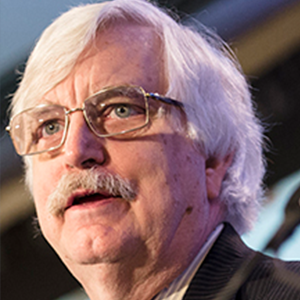
Chris Dede (AI-ALOE Institue & Harvard Graduate School Of Education)
Chris Dede is a Senior Research Fellow at Harvard Graduate School of Education and Co-Principal Investigator and Associate Director for Research at AI-ALOE. Prior to becoming a Senior Research Fellow, for 22 years Dede was the Timothy E. Wirth Professor in Learning Technologies. His fundamental interest is developing new types of educational systems to meet the opportunities and challenges of the 21st century. His research spans emerging technologies for learning, infusing technology into large-scale educational improvement initiatives, developing policies that support educational transformation, and providing leadership in educational innovation.
